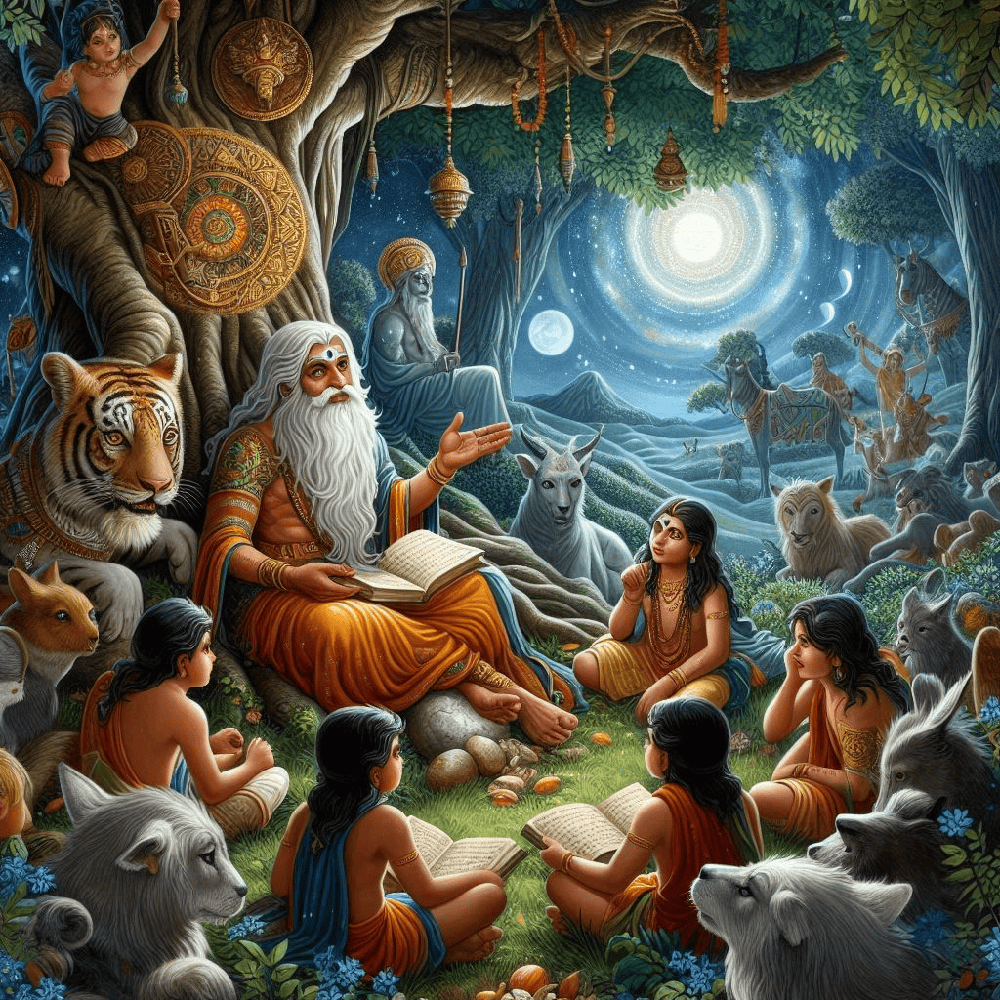*STAR*... *STAR*... *ASTRO STAR*
*************
OMM GANESYA NAMAHA
*STAR*... *STAR*... *ASTRO STAR*
******************
We often listen to the Word 'Star' and in many situations we are asked to tell what our star is. I mean in the context of Astrology such as
- When a Baby is born,
- While saying sankalpa in the temples,
- While fixing the muhurtha for an occasion,
- To match two people (Bride and Bride Groom) for marriage
- And to give Astrological suggestions etc.
But what is this star - in Sanskrit we say Nakshatra, Tara etc...
But in English the word Star is referred in the sense of a Planet as well, but here our context is only Nakshatra..!!
Let us strictly talk about Star now i.e. Nakshatra
In Indian/Vedic Astrology we have 28 stars, out of which 27 stars are used for predictive astrological purpose but other 28th is used in Muhurtha purpose due to several other Vedic reasons.

Let us think now what a star is? - is that something which is glowing brightly in the sky or anything else 
Yes they are something which are in the sky... But if we think each Nakshatra as only one star (numerical) then we need a better definition to understand an astrological star. In other words star is called as asterism i.e. group of few stars that form a shape, to understand in-depth qualities of any star we should also consider the shape formed by the asterism in to account.
Each Star has several things to know about such as degree position in zodiac, Sign placement, lord, tatwa, gana etc... likewise some 20+ parameters are there. Let us discuss each of them clearly from our next post onwards. Starting with Ashwini till Revathi.
Star is logically a particular portion of zodiac, in other words the sequential arrangement of stars forms zodiac. Both of these statements conveys same meaning.
So let us understand few things about Zodiac for now...
We have 12 Signs
27 stars
Each star has again 4 Padas
And whole zodiac in degrees i.e. 360deg
So 12 signs = 27 Nakshatras ------ (1)
27 Nakshatras = 27*4 Padas = 108 Padas ---------------
12 signs = 360Deg
So we need to distribute 108 Padas in to 12 signs
So for each sign it comes 108/12 Padas = 9 Padas
So 27 Stars = 360 deg
1 Star = 360 /27 = 13deg and 20 min
So each pada = 13.20 /4 = 3Deg 20Min
So let us do reverse calculation again 3deg 20 min* 108 = 360 Deg which is equal to full zodiac
So here we should know that each star is 13 Deg 20 Min
Each pada is 3Deg 20Min and each sign is 30 Deg So if we divide entire zodiac by 27 and each part is one Star.

Conclusion:
As we've explored the wonders of the Nakshatras, we've seen their profound impact on our understanding of the universe and ourselves. These lunar mansions hold the key to unlocking our true potential and living a life of purpose and meaning. May this knowledge inspire you to embark on your own journey of discovery and transformation.
Ready to unlock the secrets of the Nakshatras and transform your life? Explore our resources and courses to further your knowledge of Vedic astrology and the lunar mansions.

SOHAM SARADA
Social cause writer
Astro Advisor, review writer, content writer on variety of topics.



